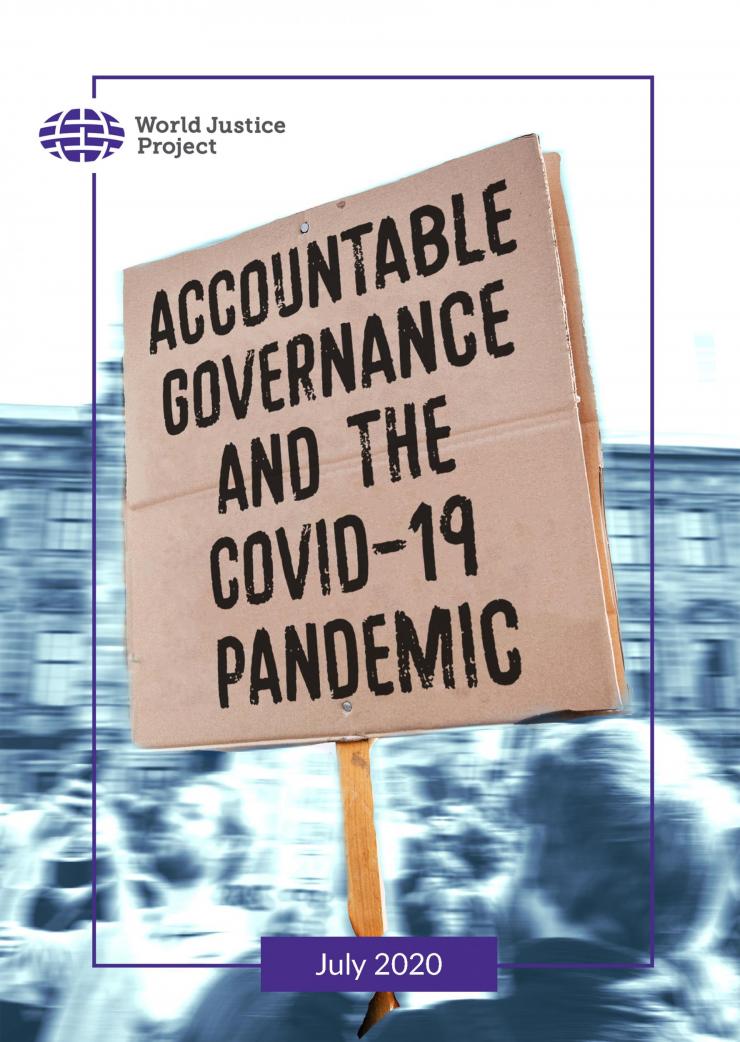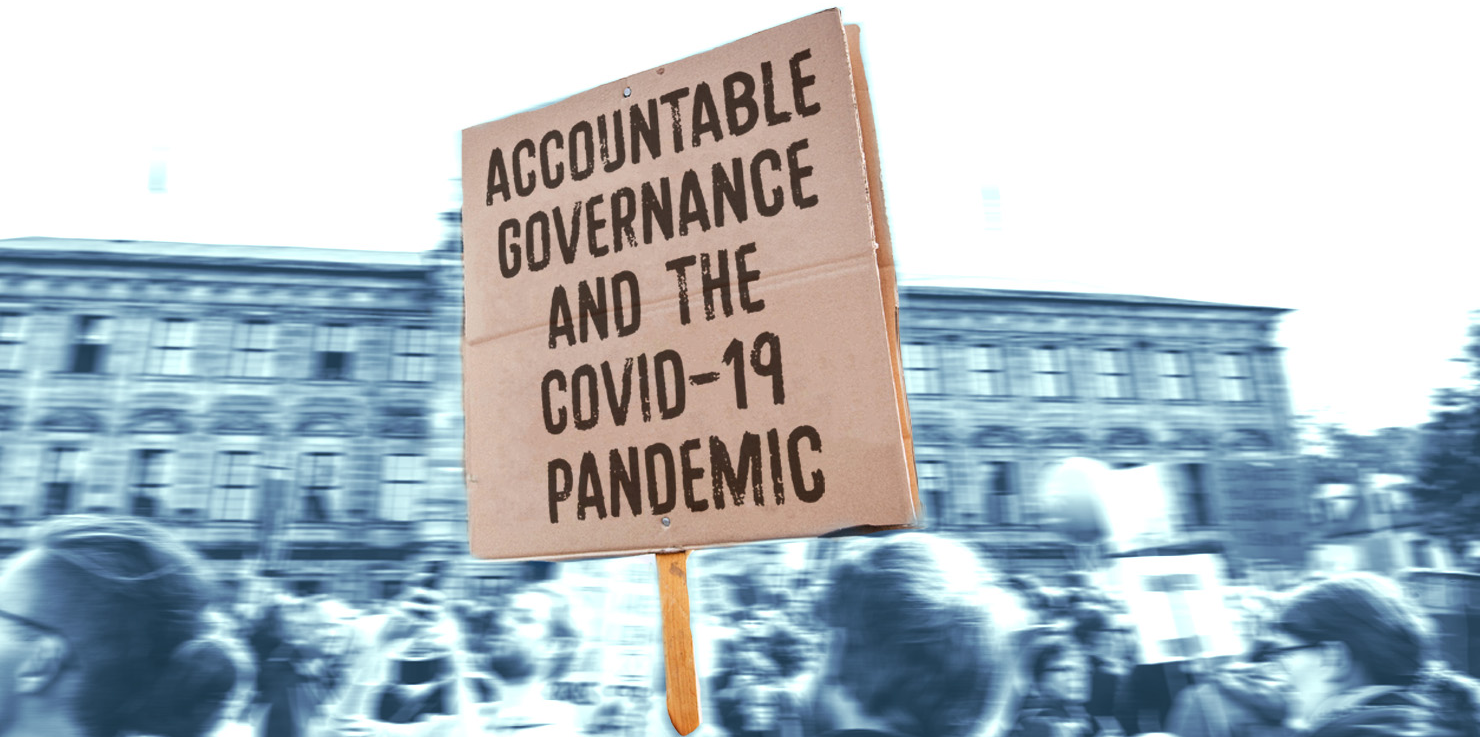

This policy brief is part of a multidisciplinary initiative from the World Justice Project to expand knowledge of the relationship between public health and the rule of law, and to identify measures to tackle the twin crises of the COVID-19 pandemic and the rule of law where they intersect. Learn more about this initiative here, and look for additional policy briefs to be published at worldjusticeproject.org/news in the coming weeks.
Responding to a public health emergency such as COVID-19 requires effective government institutions capable of delivering both preventive and emergency medical care while also maintaining other essential public services. Regardless of the exigencies of the crisis, it must carry out these basic functions in accordance with the rule of law—open to the public, contestable in the courts and through elections governed by law, with the consent of the legislature, and reviewed by audit and other oversight bodies.
Any exceptions to these fundamental pillars of rule-of-law-based governance must be strictly necessary, proportionate to the crisis, and time-limited. To deviate from such standards seriously risks pandemic responses that are both unaccountable and ineffective.
WJP's latest policy brief, Accountable Governance and the COVID-19 Pandemic, examines how the COVID-19 crisis presents an enormous stress test for accountable governance—upon which an effective public health response depends—and what can be done about it.








